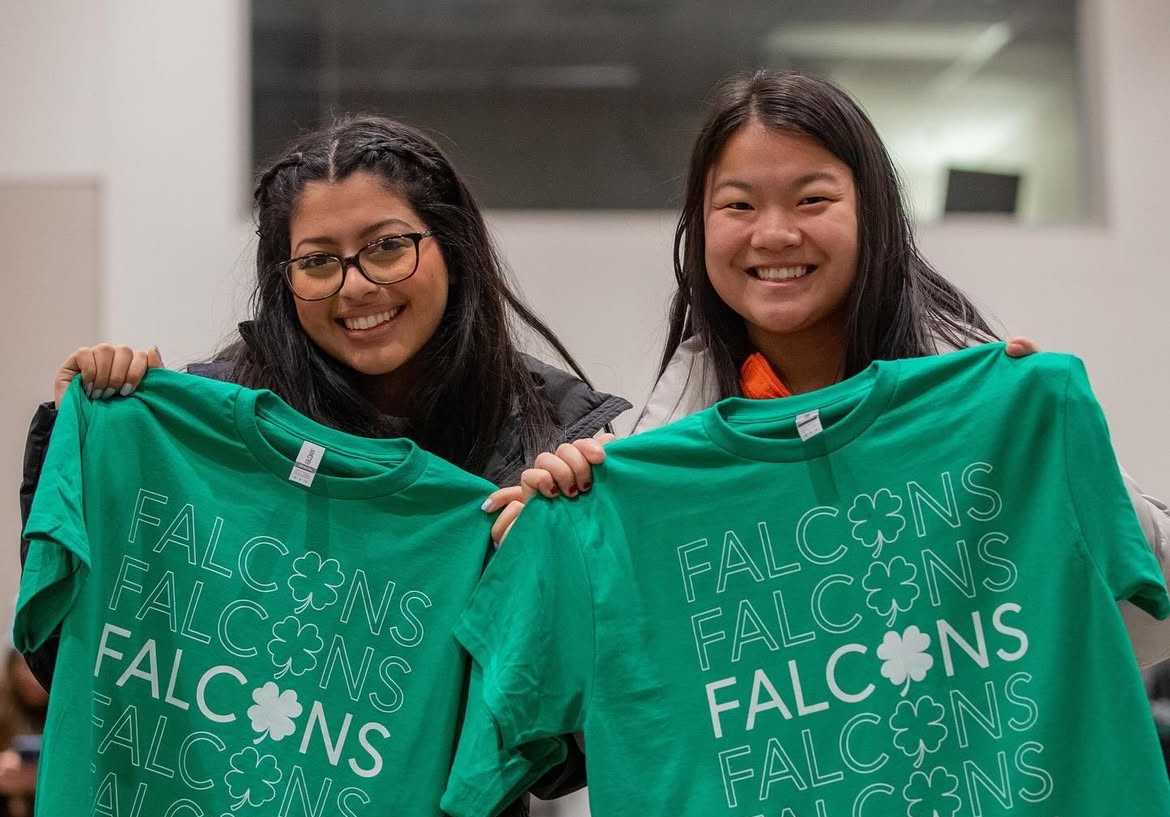More than 350 students, faculty and community members filled 101 Olscamp to attend “The Abortion Debate” to hear both sides of the issue.
The event garnered enough attendence that extra seats had to be accomodated, leaving some to stand.
Two of the sponsors, Veritas and the Secular Society at the University invited Scott Klusendorf, founder and president of the Life Training Institute in Atlanta,Ga., and James Croft, vice-chair of the Humanist Graduate Community at Harvard, to present their views before the audience in a civil debate.
In his speech, Croft outlined his two main arguments in favor of pro-choice.
“A zygote or a fetus … is not a person and therefore not worthy of the moral consideration we give to people and secondly that women matter,” Croft said.
Croft acknowledged that zygotes and fetuses are living organisms and part of the human species but said the case is not whether a zygote is human, but whether it is a person.
Personhood is based on personality, which a fetus does not have because it hasn’t yet developed the biological mechanisms that make humans capable of having a personality, Croft said.
Klusendorf rebuttled Croft’s argument with scientific evidence.
“From the earliest stages of development, you were a distinct living and whole human being,” he said.
Klusendorf quoted embryologists to further his point. “The development of the human being begins with fertilization.”
“There is no essential difference between that embryo you once were and the adult that’s here today that would justify killing you in that earlier stage of development,” he said.
The only differences between the zygote and people are their size, level of development, environment and dependency, Klusendorf said.
Regarding the status of women in the debate, Croft said Klusendorf regarded their role as irrelevant apart from ‘constructing’ the fetus.
When it came time for quetsions from the audience, a woman brought up a hypothetical situation.
She said if her child needed her blood or organs to live, she could not be forced to save that child, just like no one could force her to save an unwanted fetus.
In rebuttal, Klusendorf said no one could force her to save the child, but they wouldn’t condone slitting the child’s throat either, relating it to how he believes an abortion is forcefully killing an unborn child.
Some students who attenended the debate felt it wasn’t always civil.
Freshman Becca Barth said while both speakers made good points, they were very condescending toward each other.
“They didn’t make new points … and should have brought up different arguments for each other,” Barth said.
Barth said she didn’t like that Klusendorf didn’t address the female aspect enough. She said it’s the woman’s choice and that abortion depends on the situation.
Other student’s didn’t share the same point of view.
Senior Brandon Floro came to see both sides of the argument.
Floro said he thought both sides stood for what they believed in, but Corft didn’t present clear evidence to justify his morality argument.
“Every person has a right to live whether they can make that choice or not, according to biblical scriptures,” he said.
Regardless of the result of the debate, both student groups were happy with the turnout.
Senior Kristie Schroeder, vice president of Veritas said the debate was a good environemnt to bring students together on the issue.
“We just wanted a discussion to happen … and to bring the truth to campus,” she said.
Eric Teske, executive administrator of the Secular Society said, it’s good to see that students are thinking deeply on the topic, which can be difficult for this issue and it’s great for educational development.
“We wanted to make sure the discussion took place in a public forum and promoted logic and reason,” Teske said.













